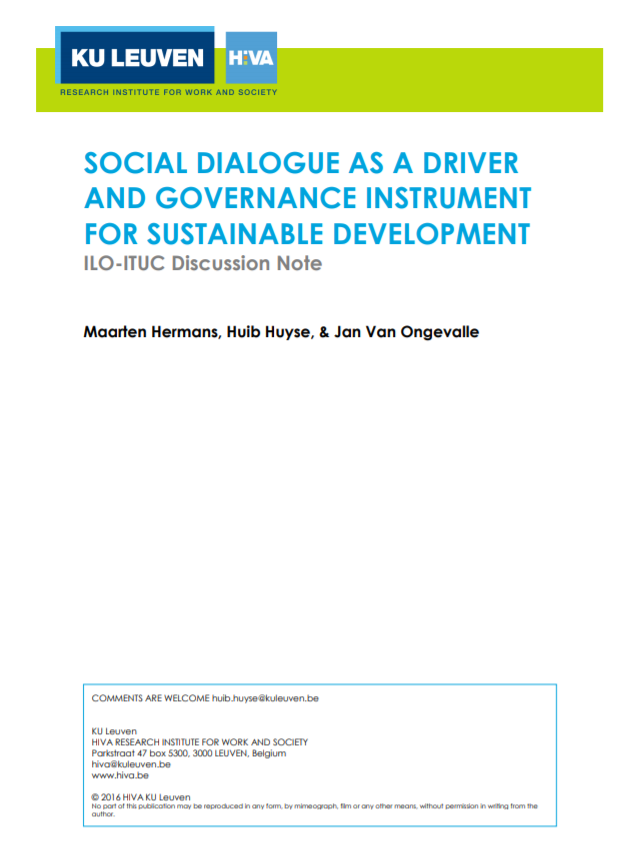The case studies in this research describe how two RSPO-certified palm oil companies structurally violate the labour rights of their workers. In both cases, workers are forced to work unpaid overtime in order to reach unrealistic production targets. Furthermore, these targets have motivated workers to bring their wives and children to work, thus giving rise to child labour. Other rights violations found in the field research included union busting, workers never receiving employment contracts, inadequate PPE provision and inadequate medical services. Thus, many workers’ rights violations were found that breach the RSPO standard, international law, Indonesian law, or all of the above.
This report provides a brief discussion of the implementation of the UN Guiding Principles on Business and Human Rights in Indonesia, in an attempt to showcase some of the pitfalls that hamper this process. Two of these are uncertainty over whether Indonesia has a monist or a dualist legal system, and organisational and political issues with developing the country’s National Action Plan. The lack of implementation and enforcement of the UNGPs in Indonesia are illustrated by the company case studies, and the company’s violations of rights enshrined in UN conventions, such as children’s right not to work.
Furthermore, the international standing and reputation of the Roundtable for Sustainable Palm Oil (RSPO) is discussed. Dutch companies that use palm oil in their products have joined the RSPO in an attempt to make their palm oil supply chains more sustainable and to ensure that the palm oil they buy has taken place free of labour rights violations and environmental degradation, among other criteria. NGO reports show that, at least on an incidental basis, the RSPO certifies palm oil produced by companies that commit exactly the types of human rights and environmental violations that motivated the creation of the RSPO.
Although further research would be needed to underwrite such a sweeping statement about the RSPO, the case studies presented in this report show that RSPO certification is not necessarily an assurance of sustainable palm production, and thus give cause for scepticism towards the initiative. Companies should therefore not depend solely on certification, but should undertake their own supply chain due diligence to ensure their business partners do not commit labour and human rights violations, so that they can safeguard their own compliance with the UNGPs.
For the original source, please click here.




